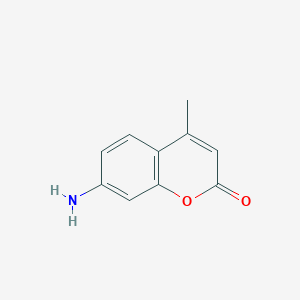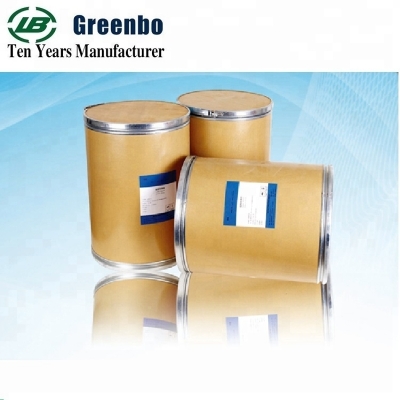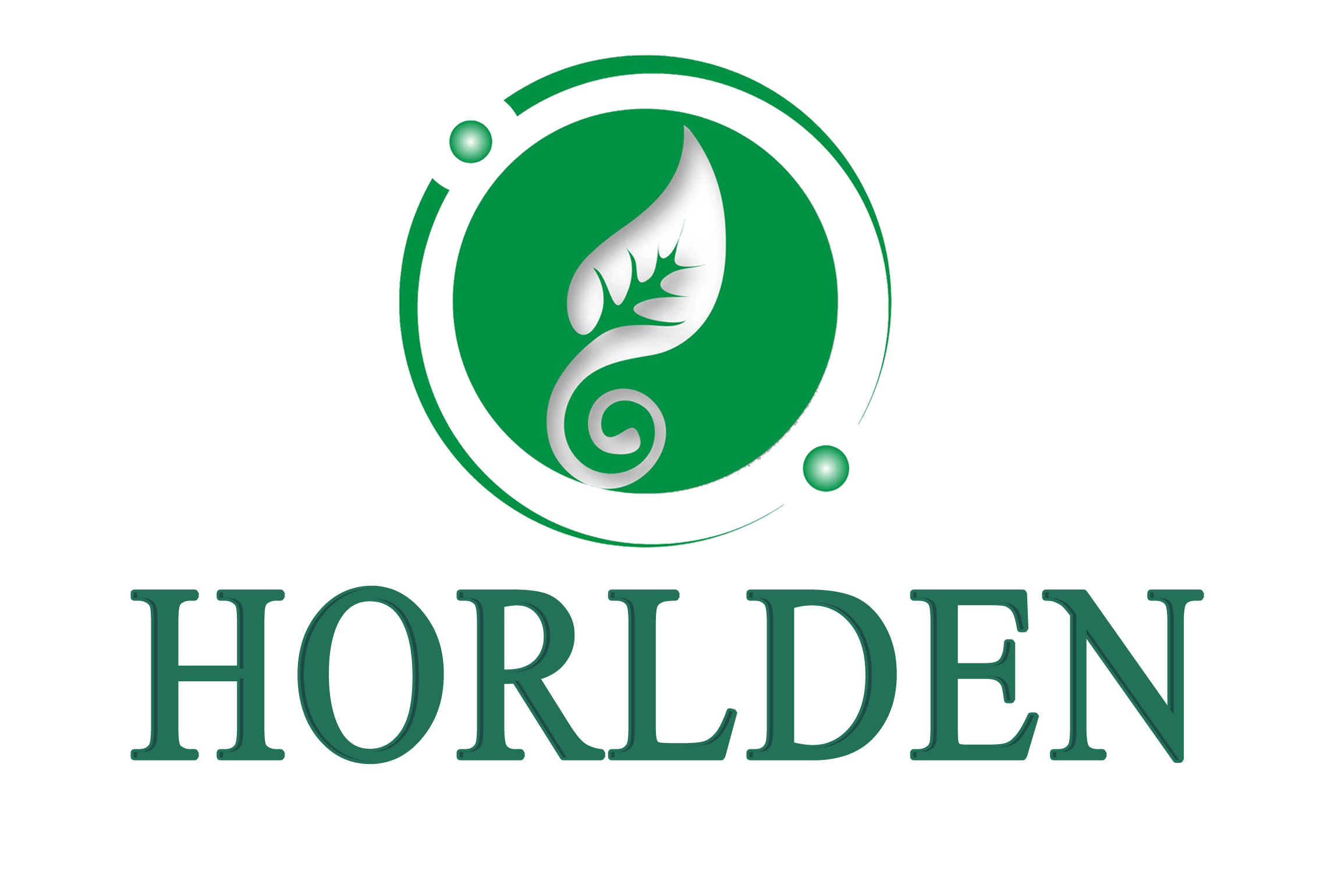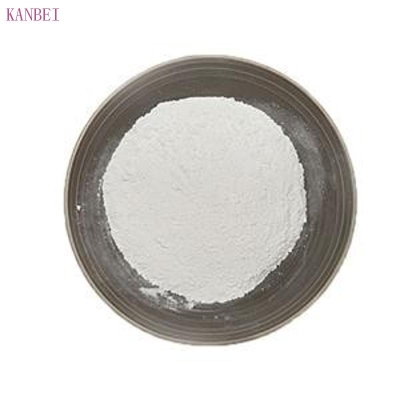Chemical Reagents
- • Deuterated Reagents (124)
- • Organic Reagents (9950)
- • Silane Reagent (852)
- • Chiral Chemicals (23)
- • Grignard Reagent (5)
- • Desulfurizer (20)
Related News
-
What Reagent Is Used To Test For Starch
2022-03-03 -
Meditex Bangladesh2019
2018-11-09 -
International Exhibition for Laboratory Equipment and Chemical Reagents
2017-06-20
Sort Organic Reagents Alphabetically
Organic Reagents
-
- / 99.00%
-
Industrial Grade / 95%
-
![7-Azabicyclo[2.2.1]heptane hydrochloride buy 7-Azabicyclo[2.2.1]heptane hydrochloride]()
-
![7-Azabicyclo[2,2,1]heptane hydrochloride CAS NO 27514-07-4 buy 7-Azabicyclo[2,2,1]heptane hydrochloride CAS NO 27514-07-4]()
Industrial Grade, Feed Grade, Food Grade, Pharma Grade / 99%
$11.11/KG EXW
Request for quotation , get quotes from more suppliers.
-
- / 99.00%
-
AR Grade / 99%
-
![7-Methoxy-1-tetralone buy 7-Methoxy-1-tetralone]()
Industrial Grade / 99%
-
![7-Methoxy-1-tetralone buy 7-Methoxy-1-tetralone]()
Request for quotation , get quotes from more suppliers.
7-Amino-4-methylcoumarin
(26093-31-2)-
- / 99.00%
-
Industrial Grade / 99%
-
- / 99%
-
![Coumarin 120 CAS NO 26093-31-2 buy Coumarin 120 CAS NO 26093-31-2]()
Industrial Grade, Feed Grade, Food Grade, Pharma Grade / 99%
$11.11/KG EXW
Request for quotation , get quotes from more suppliers.
-
industrial Grade / 98%
-
![7-Methoxy-2-tetralone buy 7-Methoxy-2-tetralone]()
-
![7-Methoxy-2-tetralone buy 7-Methoxy-2-tetralone]()
-
![7-Methoxy-2-tetralone buy 7-Methoxy-2-tetralone]()
Request for quotation , get quotes from more suppliers.
7,12-Dimethylbenz[a]anthracene
(57-97-6)-
Industrial Grade / 99%
-
- / 99.00%
-
-
Request for quotation , get quotes from more suppliers.
Source Organic Reagents Products Supply
7-Chloro-1-cyclopropyl-6-fluoro-1,4-dihydro-4-oxo-1,8-naphthyridine-3-carboxylic acid
(100361-18-0)-
- / 99.00%
-
-
industrial Grade / 98%
-
Industrial Grade / 99%
Request for quotation , get quotes from more suppliers.
7-Hydroxyisoflavone
(13057-72-2)-
Pharmacy Grade / 99%
-
Pharmacy Grade / 99%
-
Industrial Grade / 99%
-
Pharmacy Grade / 99.5%
Request for quotation , get quotes from more suppliers.
-
Industrial Grade / 95%
-
![7-Hydroxyindole buy 7-Hydroxyindole]()
Industrial Grade / 99%
-
![7-Hydroxyindole buy 7-Hydroxyindole]()
-
![7-Hydroxyindole buy 7-Hydroxyindole]()
Request for quotation , get quotes from more suppliers.
7-Benzylamino-4-nitro-2,1,3-benzoxadiazole
(18378-20-6)-
- / 99.00%
-
Pharmacy Grade / 99%
-
![7-Benzylamino-4-nitrobenz-2-oxa-1,3-diazole buy 7-Benzylamino-4-nitrobenz-2-oxa-1,3-diazole]()
-
![7-Benzylamino-4-nitrobenz-2-oxa-1,3-diazole buy 7-Benzylamino-4-nitrobenz-2-oxa-1,3-diazole]()
Industrial Grade / 99%
Request for quotation , get quotes from more suppliers.
-
Chemical Grade / 99%
$100/KG EXW
-
Industrial Grade / 99%
-
![7-bromoquinoxalin-2(1H)-one buy 7-bromoquinoxalin-2(1H)-one]()
Industrial Grade / 99%
-
![7-Bromo-2(1H)-quinoxalinone buy 7-Bromo-2(1H)-quinoxalinone]()
Request for quotation , get quotes from more suppliers.
Source Organic Reagents Raw Materials by Region
More Information
Organic reagents, which are essential in many branches of chemistry, are the main actors in organic transformations and synthesis. These organic chemistry reagents are very important in building large molecules and are involved in reactions that include oxidation, reduction, substitution and polymerisation. Some of the most commonly used organic reagents include acids, bases and solvents all of which play different roles in chemical reactions. In many industries for instance the pharmaceutical industry, agriculture and materials science, these reagents have played a major role in developing new products and technologies.
Applications of organic reagents include:
● Pharmaceutical drug synthesis
● Agrochemical production
● Polymer manufacturing
● Dye and pigment creation
● Catalysts in industrial applications
● Fine chemical development









![7-Azabicyclo[2,2,1]heptane hydrochloride buy 7-Azabicyclo[2,2,1]heptane hydrochloride](https://file.echemi.com/fileManage/upload/goodpicture/20220406/20220801105657332227_27514-07-4.png)
![27514-07-4 7-azabicyclo[2.2.1]heptane;hydrochloride buy 27514-07-4 7-azabicyclo[2.2.1]heptane;hydrochloride](https://file.echemi.com/fileManage/upload/goodpicture/20240724/27514-07-4-7-azabicyclo221heptanehydrochloride_b20240724012129374.png)
![7-Azabicyclo[2.2.1]heptane hydrochloride buy 7-Azabicyclo[2.2.1]heptane hydrochloride](https://file.echemi.com/fileManage/upload/canonicalSmiles/20220811/b46cbc2cb3b549fb87a95306cfac460c.png)
![7-Azabicyclo[2,2,1]heptane hydrochloride CAS NO 27514-07-4 buy 7-Azabicyclo[2,2,1]heptane hydrochloride CAS NO 27514-07-4](https://file.echemi.com/fileManage/upload/cas/644/38ea90db-7850-4147-8d63-5ce653c898fb.png)










![7,12-Dimethylbenz[a]anthracene buy 7,12-Dimethylbenz[a]anthracene](https://file.echemi.com/fileManage/upload/goodpicture/20220406/20220801111930983127_57-97-6.png)
![7,12-dimethylbenz[a]anthracene57-97-6 buy 7,12-dimethylbenz[a]anthracene57-97-6](https://file.echemi.com/fileManage/upload/goodpicture/20240104/dexketoprofen-trometamol_b20240104085803703.jpg)
![7,12-DIMETHYLBENZ[A]ANTHRACENE CAS: 57-97-6 buy 7,12-DIMETHYLBENZ[A]ANTHRACENE CAS: 57-97-6](https://file.echemi.com/fileManage/upload/goodpicture/20230912/factory-price-sodium-benzotriazolyl-butylphenol-sulfonate_b20230912165059719.png)

















